You are here
Back to topChile picked for inaugural Global Cherry Summit
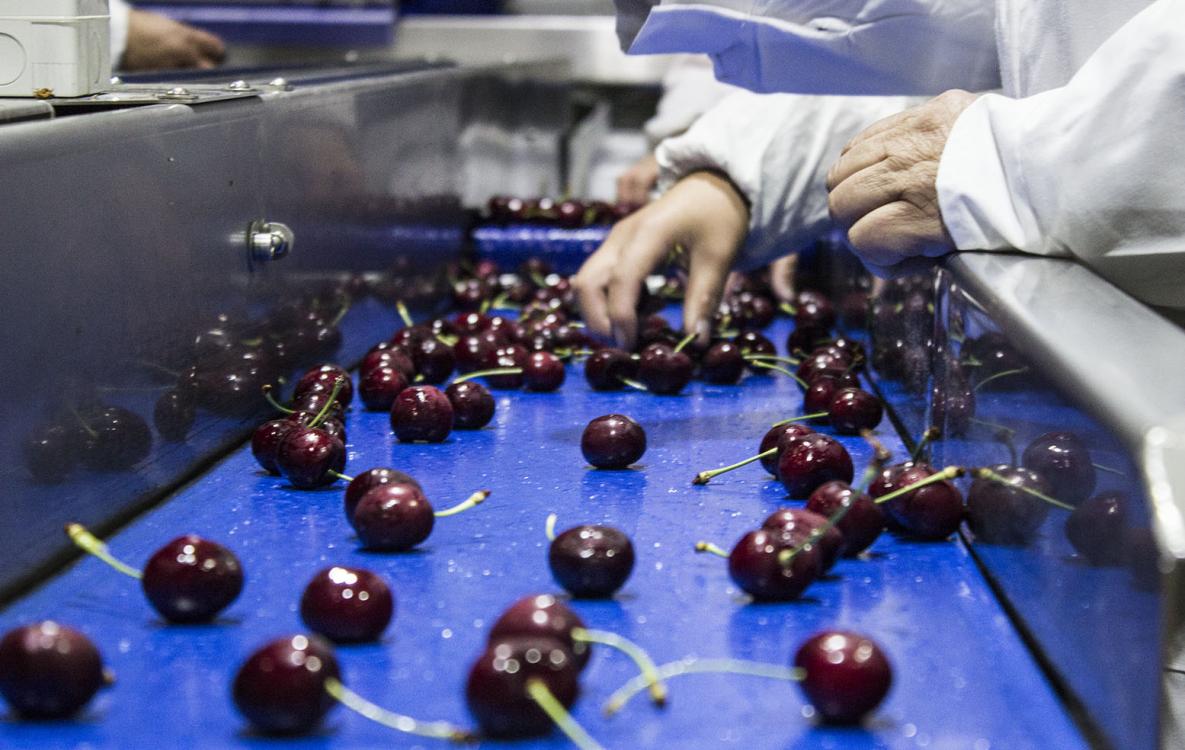
After years of exponential growth buoyed by aggressive planting, improved post-harvest practices and Chinese demand, the Chilean cherry industry is set for shipments upwards of 150,000 metric tons (MT) in 2017-18.
This makes Chile by far the world’s leading export player for the crop. What happens in this corner of the world can have far-reaching impacts on the hungry winter markets of the northern hemisphere, not to mention competing producers in Australia, New Zealand, South Africa and Argentina.
This confluence of factors makes Chile the ideal choice to host the inaugural Global Cherry Summit, which is set to take place on April 25 at the Monticello Hotel, nestled in the picturesque coastal mountains of San Francisco de Mostazal outside the capital Santiago.
Organized by Yentzen Group and Produce Business Magazine, the event will offer eye-opening educational sessions and panels on the cherry trade, e-commerce, new varieties, logistics, crop management and post-harvest techniques, as well as networking opportunities and the chance to be part of the conversation.
“Without a doubt this will be a summit that allows us to analyze the successes the industry has had as well as areas that need attention for the future,” says Cristián Tagle, president of the Chilean Fruit Exporter Association’s (ASOEX) Cherry Committee.
“Chile is the country that has had the most growth in recent years and today consolidates that with a forecast of more than 30 million boxes just for export,” he says.
From all origins, cherry imports worldwide rose by more than US$1 billion between 2013 and 2016, representing growth of a whopping 68 percent to US$2.5 billion. This certainly gives the sector something to cheer about, but may also be an inflection point where caution and revitalized strategies are needed.
“Chile has become an example in the management of this fruit, incorporating precision technology in its processes and forming high-expertise professionals and researchers,” says René Wünkhaus, commercial manager at one of the country’s leading exporters Copefrut.
“However, there are many challenges still for the industry around the world. You have to keep in mind that climate change has had serious consequences in previous seasons for Argentina, the United States and even Chile,” he says.
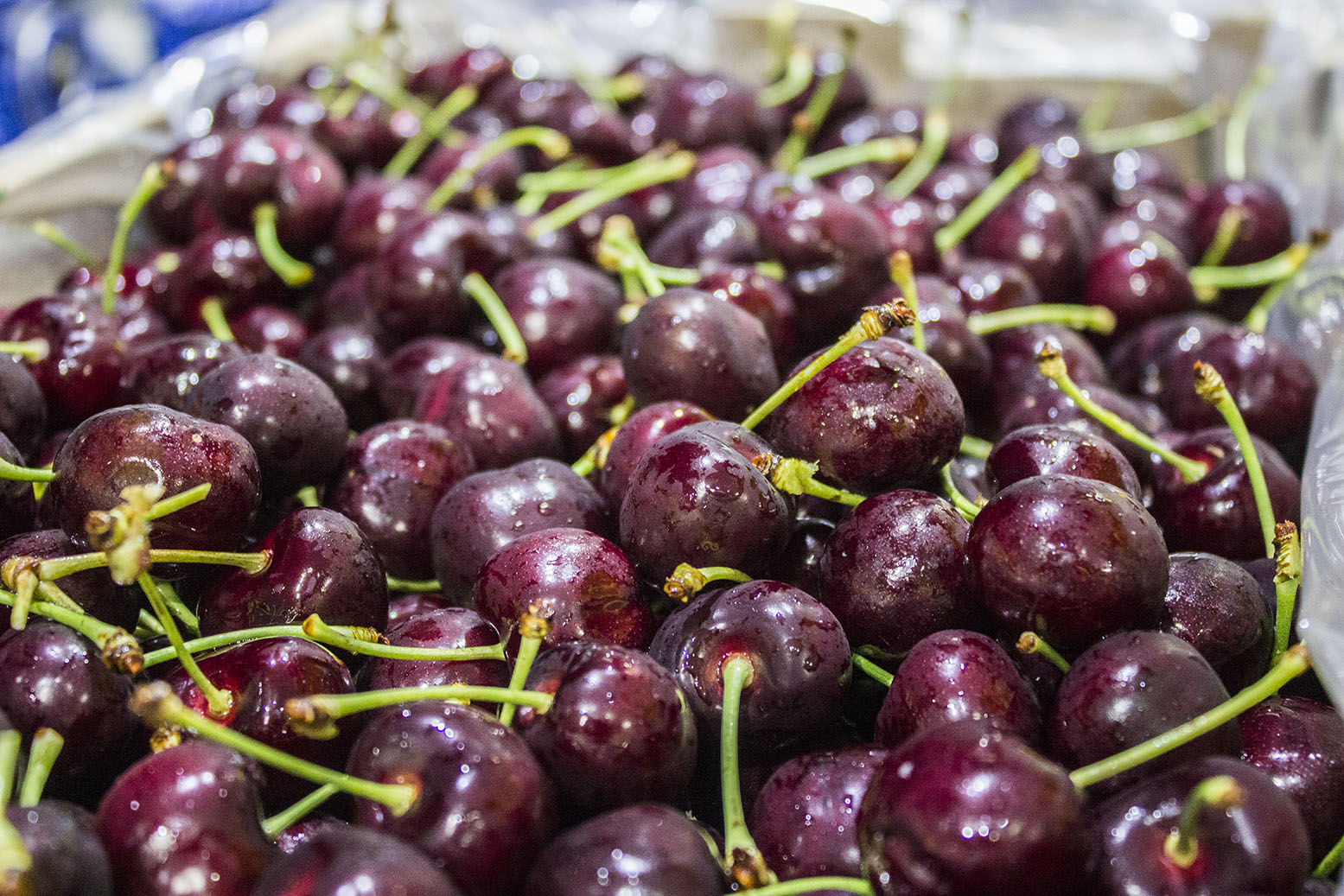
“The idea is to meet and share experiences that will help us see what’s coming in future and how we will face it, and that’s why exhibitions and international experiences are of fundamental importance.”
Wünkhaus’ views are echoed by Alejandro García Huidobro, general manager at Exportadora Prize.
“We have had some incredible years for our sector with excellent prices, market growth and reasonable production,” Huidobro says.
“The future will bring much greater challenges than we’ve faced before, so all players will have to work hard to grow our markets and improve our offering. I believe it’s necessary to build the foundations for our industry’s future.”
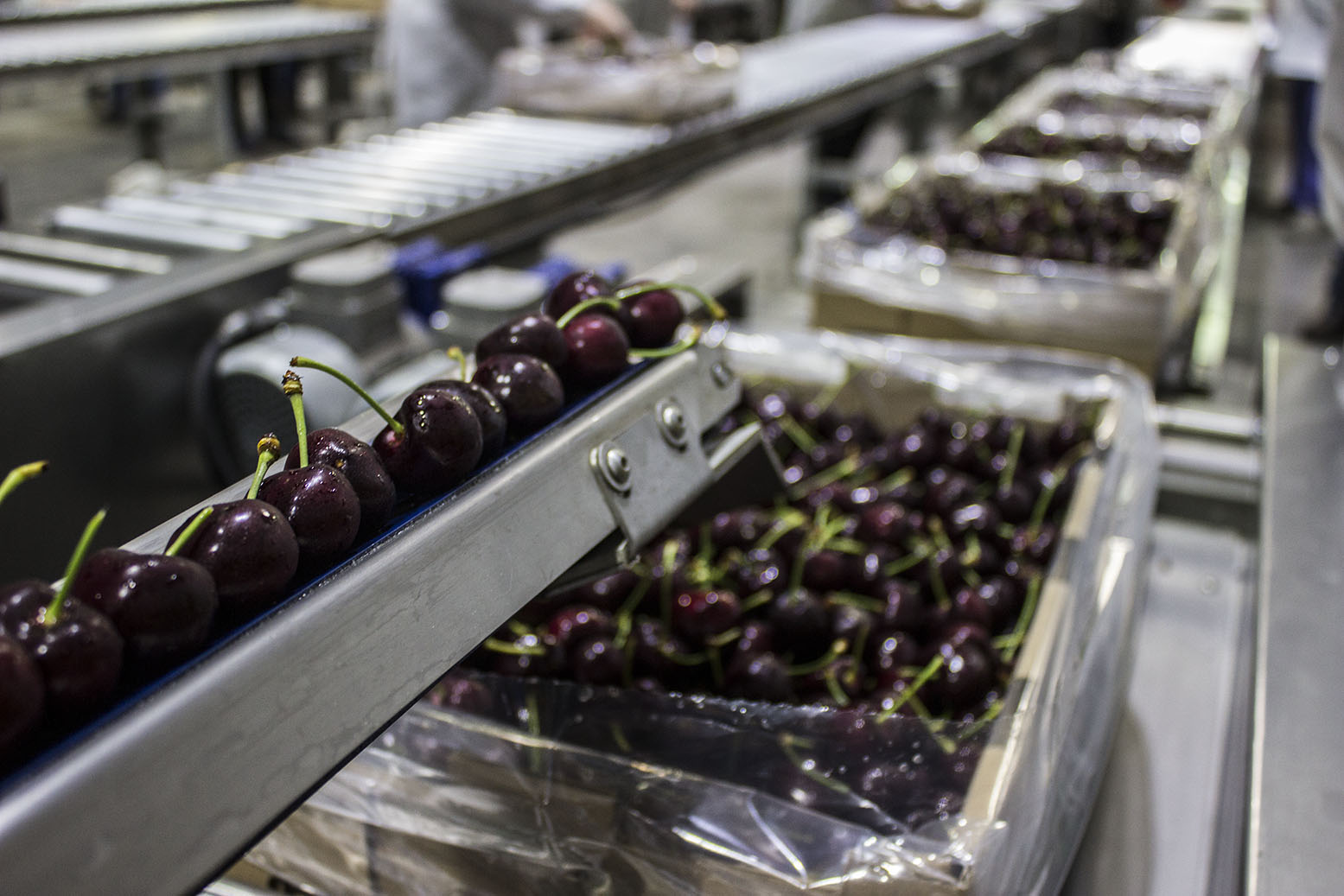
Yentzen Group managing director Gustavo Yentzen says there has been a lot of interest in the event to date.
“We think it will be a unique instance for analyzing what happens in the 2017-18 season in detail and look ahead to what may be in store for cherries in future,” Yentzen says.
The event is endorsed by ProChile, ASOEX’s Cherry Committee and the Fruit Growers Federation of Chile (Fedefruta).
Image Source: Yentzen Group
![]()



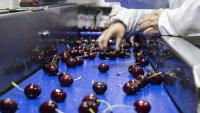
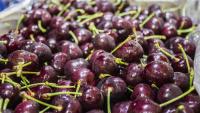
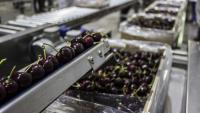

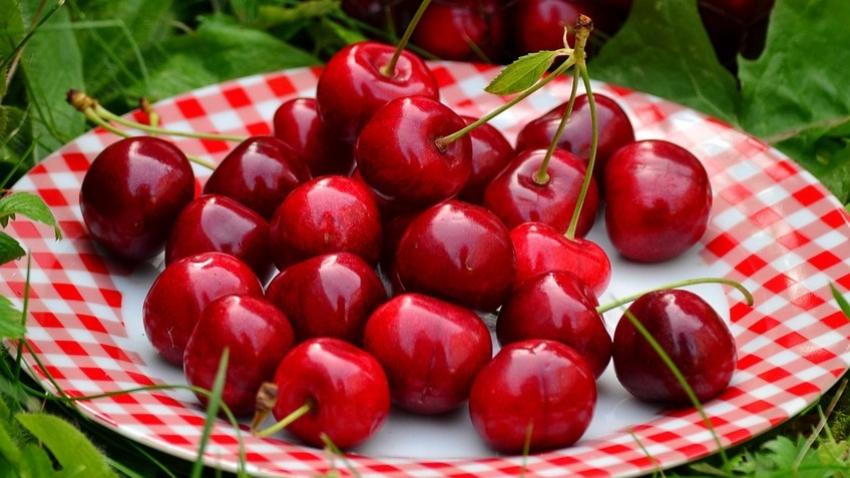
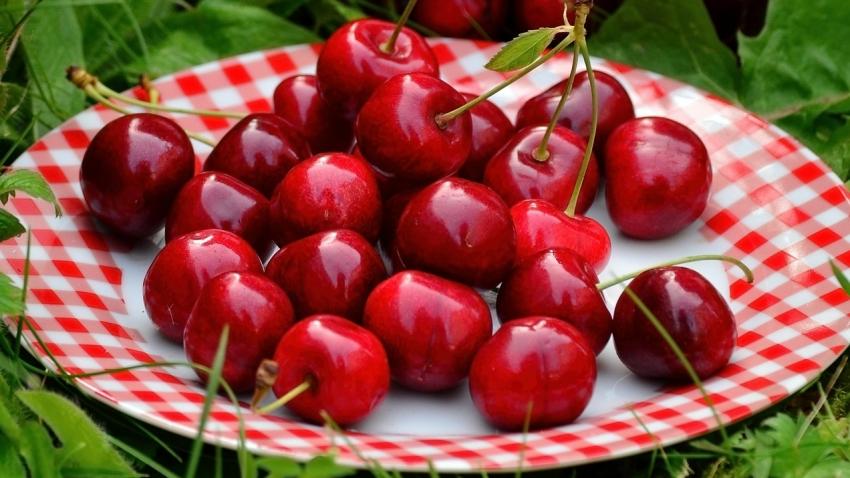
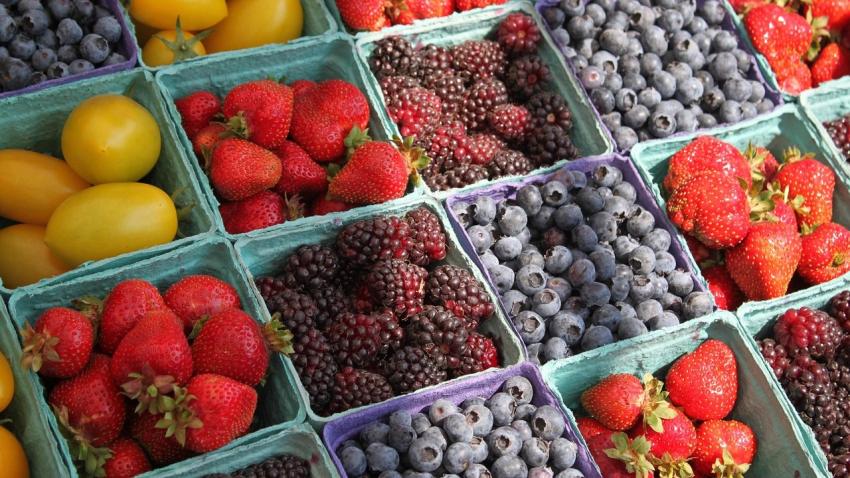







Add new comment